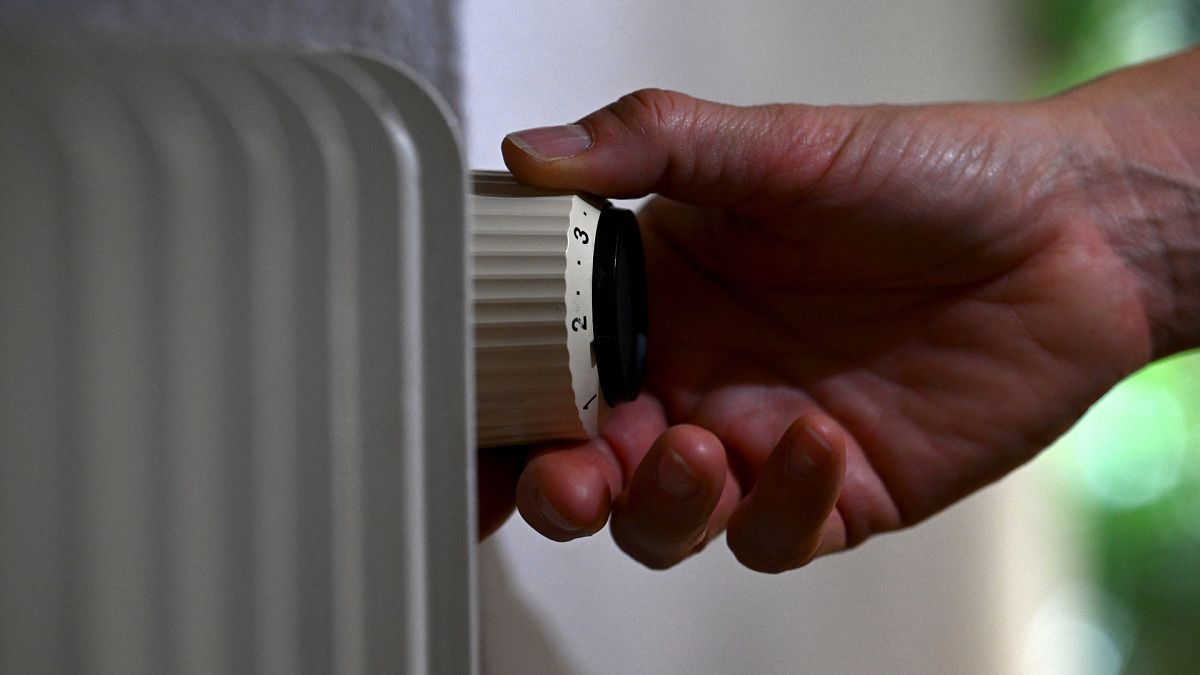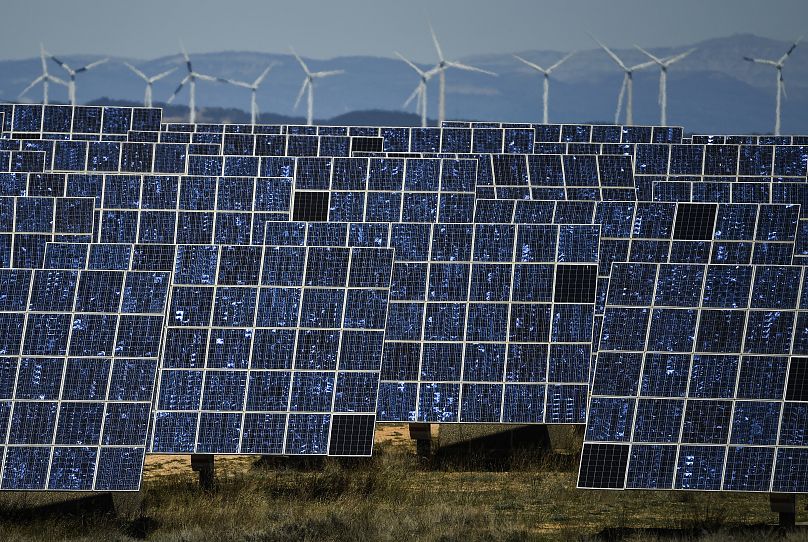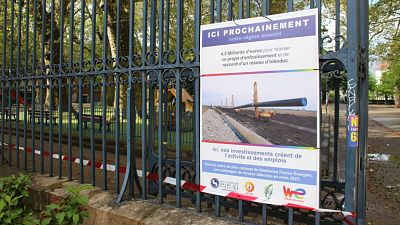Nearly every EU state reduced energy demand last winter. Some cuts were voluntary - others were down to cost.
Renewables generated more of the EU’s energy last winter than fossil fuels for the first time ever, according to energy think tank Ember.
A 7 per cent decrease in the demand for energy saw fossil fuel generation drop by 12 per cent compared to 2021. Coal power fell by 11 per cent and gas by 13 per cent despite fears that EU countries might turn to coal as the bloc tried to wean itself off Russian gas.
Among the 18 EU countries that still use coal power, 15 reduced their coal generation last winter. Poland and Germany - the biggest users of this fossil fuel - made up 70 per cent of the reduction. In Poland, coal reached a new low in the electricity mix, falling below two-thirds of all power generation for the first time ever.
And Portugal saw the biggest percentage drop of any EU country after it phased out its only remaining coal-fuelled power plant in winter 2021.
Europe made it through a winter energy crisis
Ember’s analysis shows that renewables like wind and solar produced more energy than fossil fuels for the first time ever from October 2022 to March this year. They made up 40 per cent of the EU’s energy compared to 37 per cent from fossil fuels.
The think tank also says that coal and gas generation would have declined even further if not for extended outages in France’s nuclear network.
“Europe faced a crisis winter, with spiralling energy costs and supply concerns triggered by Russia’s invasion of Ukraine,” says Ember analyst, Dr Chris Rosslowe.
“The EU got through those difficult months, but it can’t rely on emergency demand cuts and mild weather for future years.”
Dr Rosslowe adds that to keep power supply stable, the EU needs to divorce fossil fuels as quickly as possible.
Cuts to energy demand save electricity worth €12bn
Nearly every EU member state reduced the demand for electricity last winter. But only Romania, Slovakia and Greece achieved the voluntary target of 10 per cent that was set by emergency EU legislation last year.
On average, demand fell by 6.2 per cent between November and March saving electricity worth €12 billion.
Ember says this reduction is partially down to higher-than-average temperatures across Europe but government and citizen action to save energy also played a part. All EU countries met mandatory targets to reduce consumption during peak hours by 5 per cent - except for Ireland.
Some cuts were voluntary - but others were forced by cost. Recent Eurostat figures revealed that in the second half of 2022, average electricity prices reached a record high.
After a significant increase in cost that started before Russia’s invasion of Ukraine, prices skyrocketed at the end of the year. Household electricity costs rose in all EU member states except Malta and the Netherlands.




